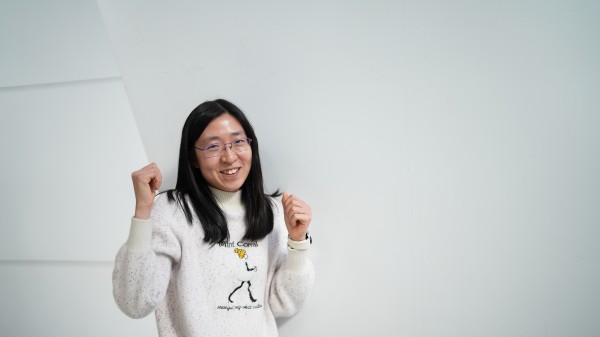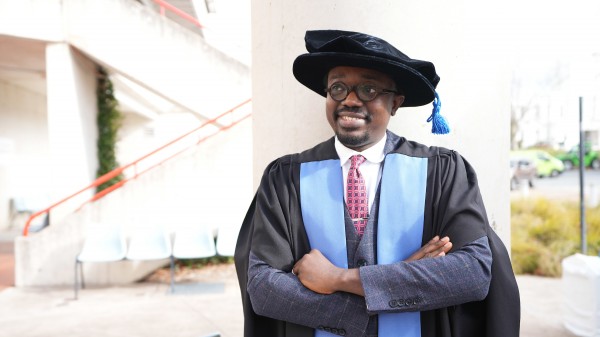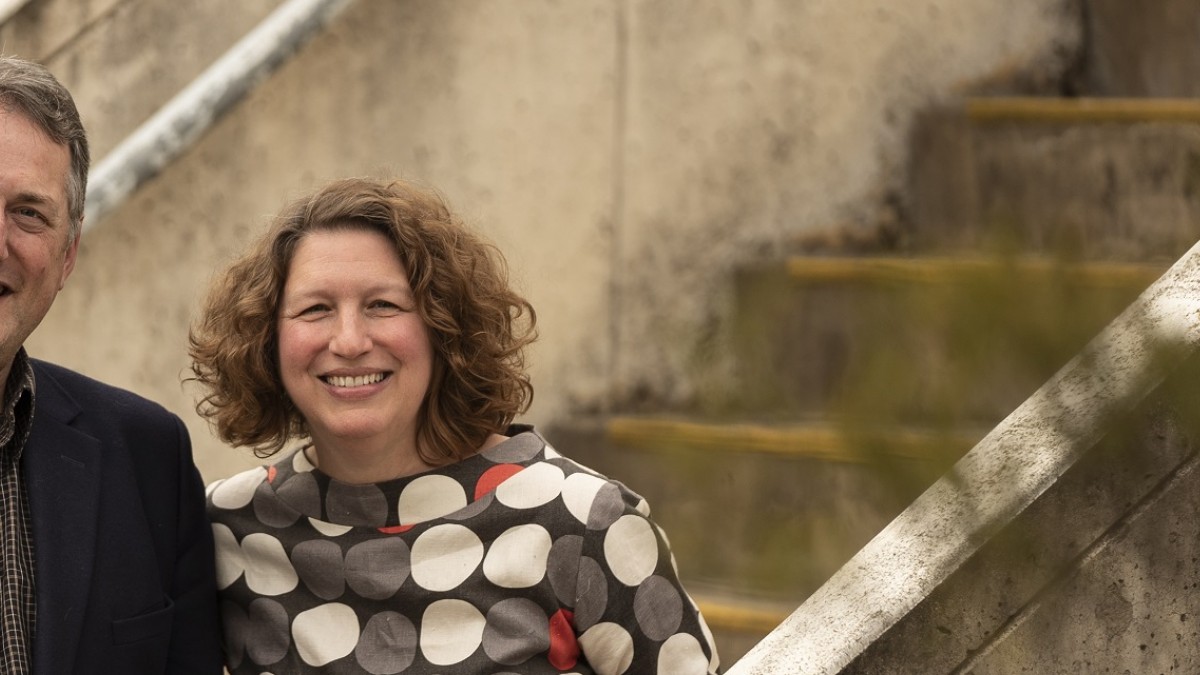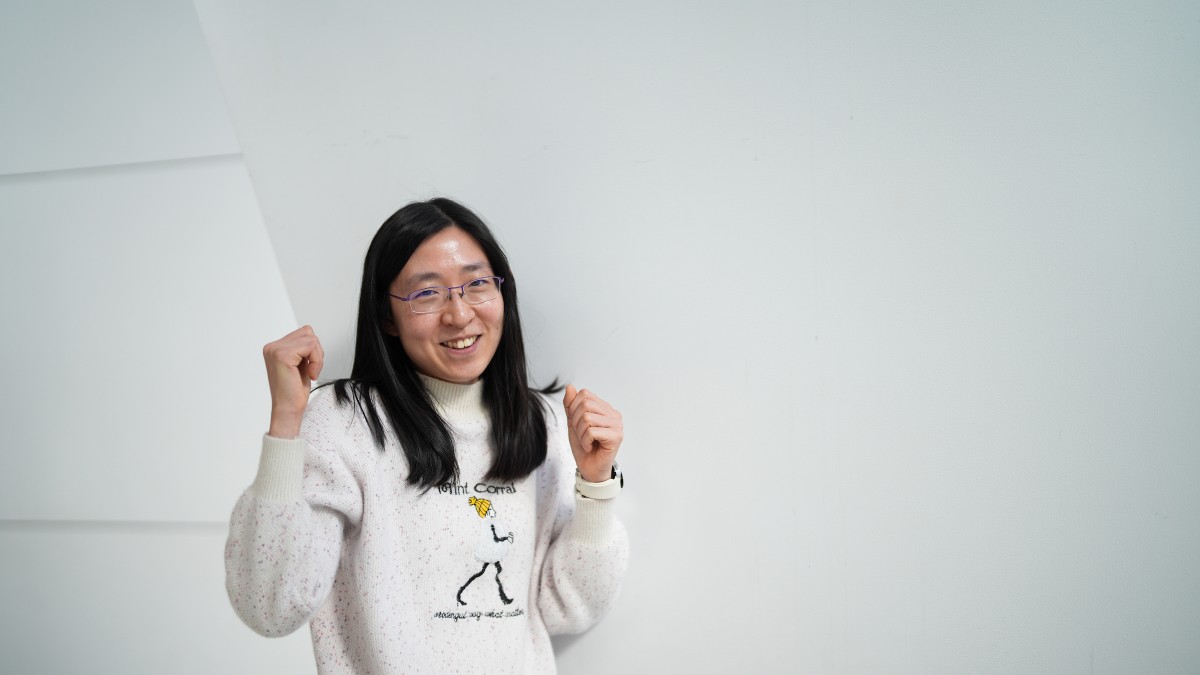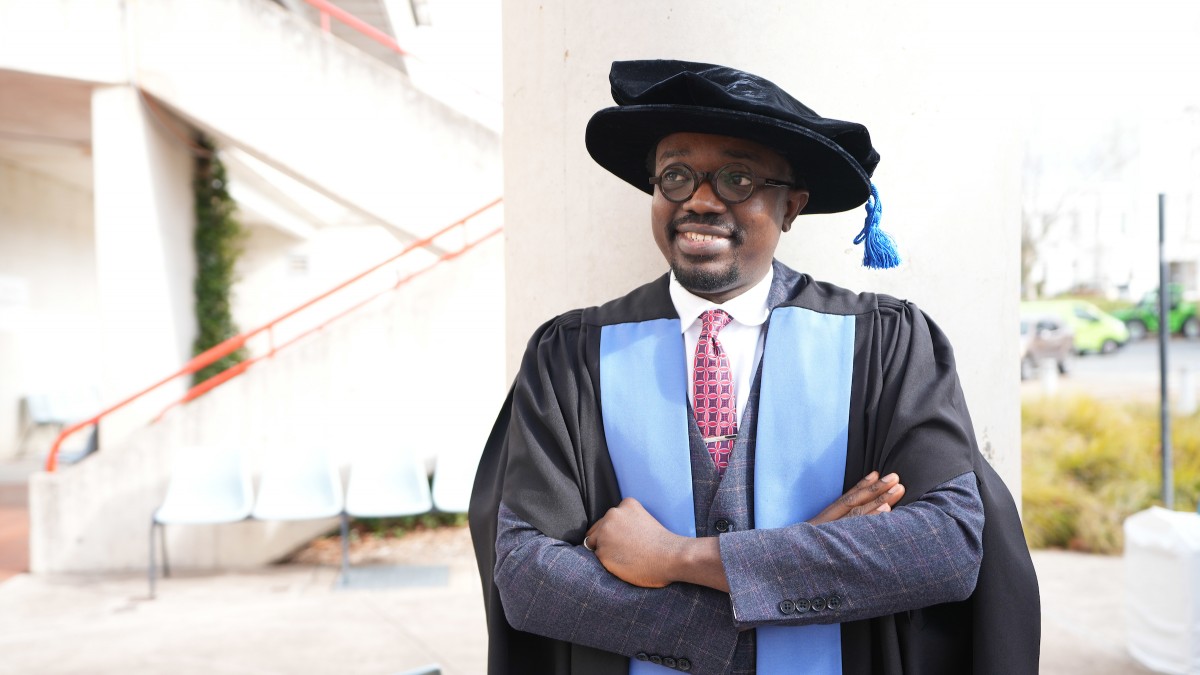Jessica Halem’s job at Harvard Medical School is to alleviate suffering. But she’s not a doctor.
“I’m a gay coach,” she says of her role as the LGBTQ Outreach and Engagement Officer. “I do this work, because something is not working. My people, the LGBTQ community are suffering.”
Around the world, LGBTQ people and other marginalised people don’t have the access to something that many take for granted: compassionate healthcare.
“Where you have universal healthcare, it should be a no-brainer to go further, and ensure you really are providing healthcare to all people.”
Professor Russell Gruen, Dean of the ANU College of Health & Medicine, invited Jessica Halem to Canberra to present the latest in the Medical Moonshots Dean’s Lecture Series, on the benefits of vanquishing prejudice from medical schools and hospitals.
“I have seen first-hand how narrow perspectives can limit and shape the culture of health and medical workplaces,” says Professor Gruen.
“Championing inclusive and respectful workplaces is important because we're seeing some of the darker side of prejudice and discrimination.”
Ms Halem has uncovered countless stories of what it feels like to be discriminated against when accessing healthcare, including from many transgender people who have avoided medical treatment, to the detriment of their health, because they are afraid of doctors.
“To fix this problem, doctors just need a little bit of added skill and comfort with understanding how gender identity works.”
Part of her coaching to create inclusive workplaces involves encouraging students, doctors and educators to practice saying the acronym LGBTQ and the words it represents—Lesbian, Gay, Bisexual, Transgender and Queer—at home in front of the mirror.
“Everyone should be familiar with these words, because in sharing them with you, someone is providing you with a gift and an opportunity to know them better.”
In medicine, this can mean the difference between helping and hurting; the difference between life and death.
“When you really embrace diversity and inclusion, it's a way of seeing all of humanity more clearly. This is about opening ourselves up to the spectrum of how people live their lives and what they really face.”
To help Harvard Medical School train better doctors, Ms Halem is implementing another not-so-radical idea: ensuring that the medical community and student body look like, and represent, the patients they will be caring for.
Under her leadership, the first-year medical student cohort has grown from four to 15 per cent self-identified LGBTQ.
At ANU, her coaching in embracing diversity and inclusion starts with the Dean.
“To a certain degree, the Dean has to set the tone of the faculty in the school,” says Professor Gruen. “And as the product of a single-sex private school, who trained in the conservative profession of surgery, I may have a lot to learn.”
“By seeing all of humanity in a much deeper, deeper way we can become better researchers, doctors and teachers,” says Ms Halem.
“Being curious, sensitive and open as a medical professional are skills that will benefit anyone across the board.”
This perspective can help the entire community.
“I look forward to seeing how a generation of students imbued with a passion for inclusion and diversity might shape healthy places to study and work in the next decade and beyond,” says Professor Gruen.
Discover more innovative solutions to the health challenges facing our nation and the world through the Medical Moonshots Dean’s Lecture Series.





